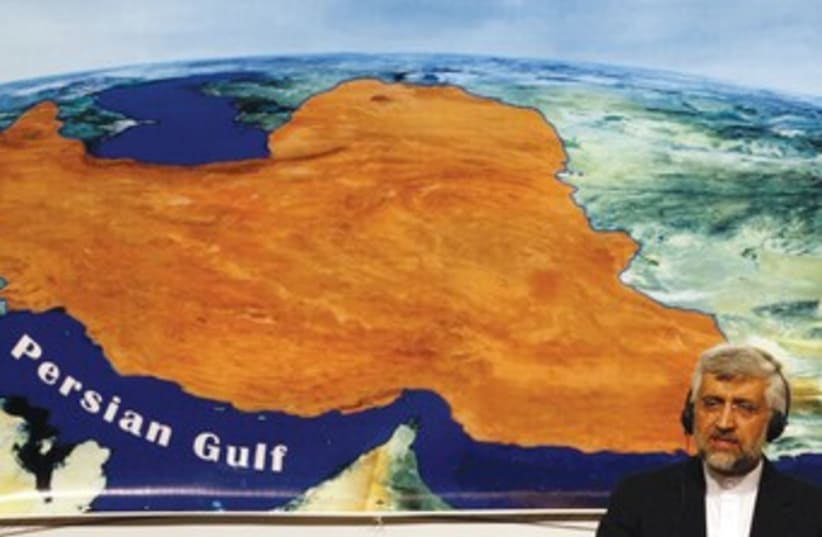The writer, a retired IDF general, is the ex-president of Israel’s Industry Association.
Attack Iran now
When an attack on Iran’s nuclear program is debated in public, the main focus is on the Iranian response.

The writer, a retired IDF general, is the ex-president of Israel’s Industry Association.